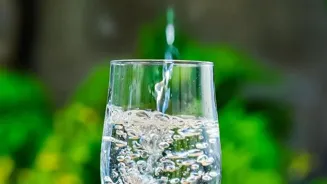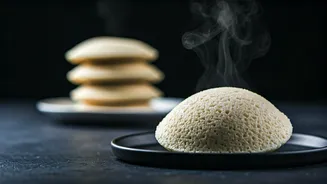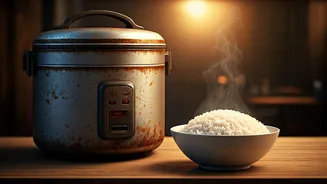Discover why staying hydrated is crucial for your health. Dive into 8 fascinating facts about water's impact on well-being
Hyderabad: In the scorching heat of Hyderabad, or even during the milder seasons,
staying hydrated is not just a good habit – it's a cornerstone of good health. We often hear about drinking enough water, but do we really understand why it’s so crucial?
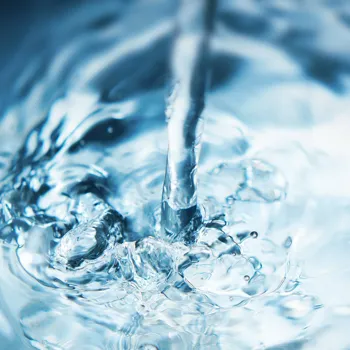
Let's dive into eight fascinating facts that will make you appreciate the life-giving power of water and its impact on your overall well-being. These insights might just prompt you to reach for that glass of water a little more often.
Water: The Body’s Superhighway for Nutrients
Imagine water as the body's internal highway system. It acts as a vital transport mechanism, carrying essential nutrients to your cells. Think of vitamins, minerals, and glucose – all the good stuff your body needs to function properly.
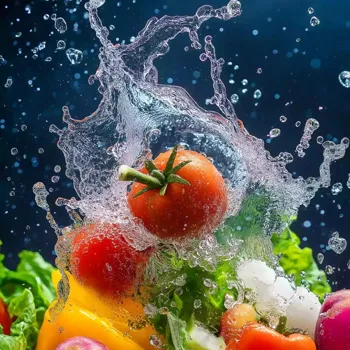
Without sufficient water, these nutrients struggle to reach their destinations efficiently. The result? Your cells may not get the fuel they need, leading to fatigue, weakness, and a general feeling of sluggishness.
Proper hydration ensures that this internal "highway" is clear and traffic flows smoothly, delivering the necessary building blocks for a healthy and energetic you. This allows cells to regenerate effectively. This also speeds up the recovery process inside the body.
Water: The Body’s Natural Detoxifier
Our bodies are constantly working to eliminate waste products. From the digestion of food to the breakdown of old cells, our systems generate toxins that need to be removed. Water plays a key role in this detoxification process.
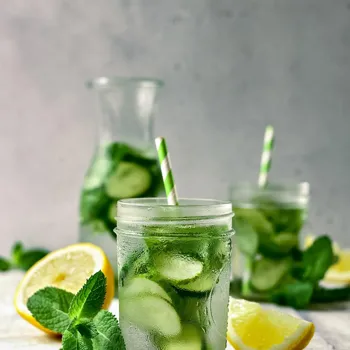
It helps flush out these waste products through urine and sweat, keeping our internal environment clean and healthy. Dehydration can hinder this process, leading to a buildup of toxins that can negatively impact your health. Kidney health is strongly associated with good hydration.
Kidneys can optimally perform their functions and keep the body clean.
Water and Brain Function: A Clear Connection
Did you know that your brain is about 75% water? That’s a significant percentage, and it highlights the critical role water plays in cognitive function. Even mild dehydration can impair concentration, memory, and overall brain performance.
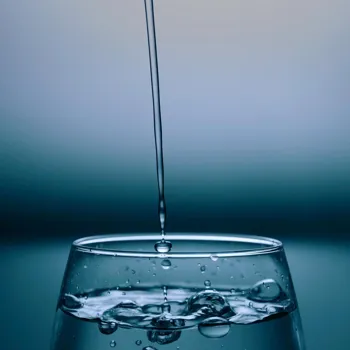
Studies have shown that staying adequately hydrated can improve alertness, reaction time, and even mood. So, the next time you're facing a challenging task or need to stay focused, remember to hydrate – it could give your brain the boost it needs.
Keeping the brain hydrated is key to preventing brain fog. This will allow better information retention.
Water and Energy Levels: Beat Fatigue the Natural Way
Feeling tired and sluggish? Before reaching for that sugary energy drink, consider a glass of water. Dehydration is a common cause of fatigue. When you're dehydrated, your blood volume decreases, making it harder for your heart to pump blood and deliver oxygen to your muscles and organs.

This can lead to feelings of tiredness and weakness. Simply replenishing your fluids can often provide a significant energy boost, naturally and without the crash that often follows sugary drinks. Staying hydrated can also help maintain stable blood sugar levels.
Hydration is key to preventing energy crashes during the day.
Water for Healthy Skin: A Natural Beauty Secret
Want radiant and glowing skin? Water is your best friend. Dehydration can lead to dry, tight skin that is more prone to wrinkles and blemishes. When you're adequately hydrated, your skin cells are plump and hydrated, giving your skin a healthy and youthful appearance.

Water also helps flush out toxins that can contribute to skin problems like acne. So, skip the expensive creams and focus on staying hydrated – it's a simple and effective way to keep your skin looking its best. Hydration will improve the overall elasticity of your skin as well.
The right moisture content helps reduce skin issues.
Water for Joint Health: Lubrication and Cushioning
Our joints rely on water to stay lubricated and function smoothly. Cartilage, the cushioning tissue in our joints, is primarily composed of water. Dehydration can reduce the water content in cartilage, leading to stiffness, discomfort, and even joint pain.
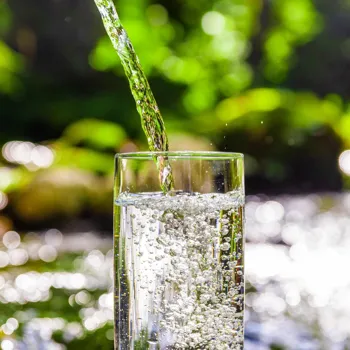
Staying hydrated helps maintain the integrity of cartilage, ensuring that your joints remain flexible and pain-free. Active individuals should pay more attention to hydration. Lubrication in their joints will ensure they are able to be more active.
Water and Digestion: Keep Things Moving
Water is essential for smooth digestion. It helps break down food, allowing your body to absorb nutrients more efficiently. Water also prevents constipation by softening stool and making it easier to pass. Dehydration can lead to digestive issues like heartburn, bloating, and constipation.
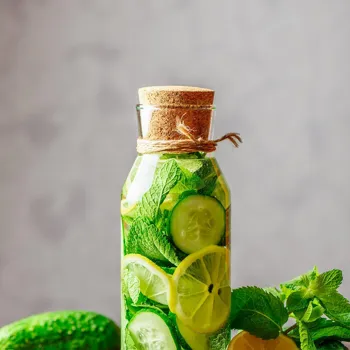
Drinking enough water, especially with meals, can significantly improve your digestive health. A well hydrated digestive system ensures a healthy body. This also ensures that you can eat well, while keeping away digestive issues.
How Much Water is Enough? The Hydration Question
The amount of water you need each day varies depending on factors like your activity level, climate, and overall health. A general guideline is to aim for eight glasses of water a day, but you may need more if you're physically active or live in a hot climate.
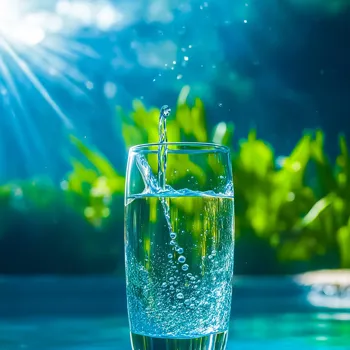
Pay attention to your body's signals – thirst is a key indicator of dehydration. Also, monitor the color of your urine. Pale yellow urine indicates good hydration, while dark yellow urine suggests you need to drink more water.
Carry a reusable water bottle with you and sip on it throughout the day.
Eating fruits and vegetables with high water content, like watermelon and cucumber, can also help you stay hydrated.
Make hydration a habit, and your body will thank you for it!
